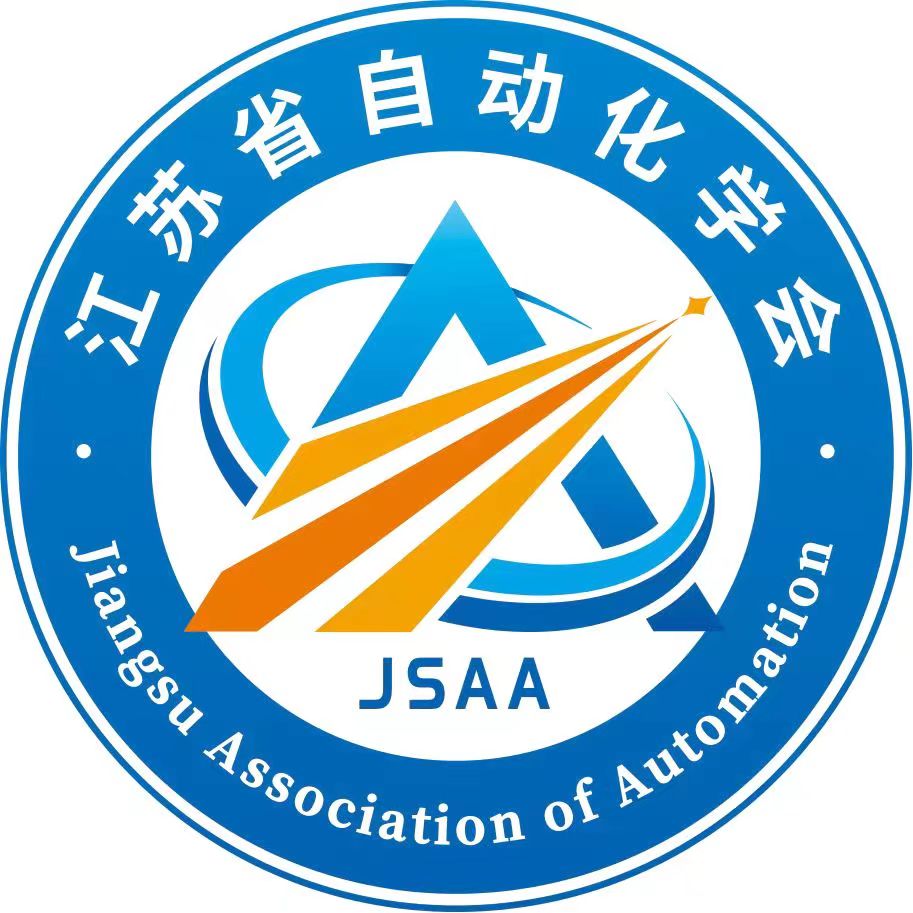Title: From Industrial Electronics to Industrial Informatics
Abstract
This presentation will discuss the challenges that industry faces in the 21st century. An assessment of the past will be presented, discussing the profound technological changes that have occurred during the last 2 decades, especially the changes observed in the manufacturing industry. The paradigm change from industrial electronics to industrial informatics will be pointed out. This will be followed by a look at the evolution of the manufacturing paradigms. In the closing parts of the presentation, the state-of-the-art reached in industrial informatics will be given with examples and a perspective on the future will be presented, pointing out the challenges that the manufacturing industry will have to face by the end of the next decade.
Okyay Kaynak(Turkish Academy of Sciences & Bogazici University, Urkey)
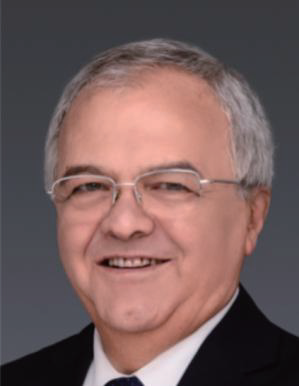
Okyay Kaynak is an Emeritus Professor at Bogazici University, Istanbul, Turkey. He received his BSc (first-class honors) and PhD degrees in electronic and electrical engineering from the University of Birmingham, U.K., in 1969 and 1972, respectively. From 1972 to 1979, he worked in various industry roles, including 3.5 years as a project engineer in Saudi Arabia.
Dr. Kaynak’s research interests are in intelligent systems. He has authored three books, edited five, and published over 450 papers. He is a Fellow of IEEE and has held editorial roles in several journals, including Editor-in-Chief of IEEE Trans. on Industrial Informatics and IEEE/ASME Trans. on Mechatronics. Currently, he is the Founding Editor-in-Chief of IEEE Trans. on Industrial Cyber-Physical Systems and the Springer Journal Discover Artificial Intelligence.
He has received numerous awards, including the IEEE Third Millennium Medal, the China Friendship Award (2016), the Humboldt Research Prize (2016), and Doctor Honoris Causa from Obuda University, Hungary (2020). He is also a member of the Turkish Academy of Sciences and a Fellow of the Asia-Pacific Artificial Intelligence Association (2023).
Title: Practical Motion Controller Design for Mechatronic Systems Considering Global Environmental Issues
Abstract
“Motion Control” is one of practical academic disciplines on the basis of control theories, and has been extensively applied to actual “Mechatronic Systems” in various industrial fields. For example, fast-response and high-precision motion control should be indispensable in a wide variety of high performance mechatronic systems including micro and/or nano scale motion, such as data storage devices, machine tools, manufacturing tools for electronics components, and industrial robots, from the standpoints of high productivity, high quality of products, and total cost reduction. In those applications, the required specifications in the motion performance, e.g. response/settling time, trajectory/settling accuracy, etc., should be sufficiently achieved, in addition to the robust/adaptive capabilities against disturbances, uncertainties, and variations in mechanisms.
Recent technological trends, on the other hand, are broadening the motion control applications to effectively present the countermeasures of the industrial high performances as well as the global environmental issues against, such as, natural disasters, global warming, SDGs, etc. The keynote, therefore, presents how the motion control can be applied to a wide variety of mechatronic systems to achieve the required performance, especially considering practical solution viewpoints of the global environmental issues. Examples of the R/D activities for the actual approaches, including the required performance as well as promising control techniques, can be presented to understand the motion controller design, by giving practical cases of hydraulic actuator driven earthquake simulators and Galvano-scanner driven bottle laser marking systems.
Makoto Iwasaki(Nagoya Institute of Technology, Japan)
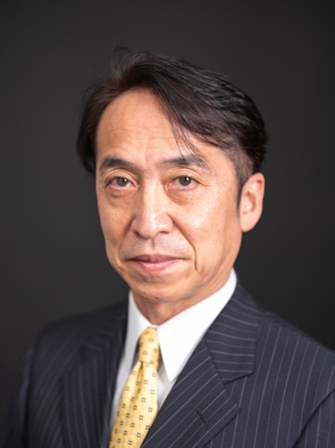
Makoto Iwasaki received the B.S., M.S., and Dr. Eng. degrees in electrical and computer engineering from Nagoya Institute of Technology, Nagoya, Japan, in 1986, 1988, and 1991, respectively. He is currently a Professor at the Department of Electrical and Mechanical Engineering, Nagoya Institute of Technology.
As professional contributions of the IEEE Industrial Electronics Society, he has participated in various organizing services, such as, a Chair of IES Fellow Evaluation Committee in 2022 and 2023, a Co-Editors-in-Chief for IEEE Transactions on Industrial Electronics from 2016 to 2022, a Vice President for Planning and Development in term of 2018 to 2021, etc. He is IEEE fellow class 2015 for "contributions to fast and precise positioning in motion controller design".
He has received many academic, foundation, and government awards, like the Best Paper and Technical Awards of IEE Japan, the Nagamori Award, the Ichimura Prize, and the Commendation for Science and Technology by the Japanese Minister of Education, respectively. He is also a fellow of IEE Japan, and a member of Science Council of Japan.
His current research interests are the applications of control theories to linear/nonlinear modeling and precision positioning, through various collaborative research activities with industries.
Title: Intelligent Micromanipulation for Organoid Regeneration
Abstract
Organoids are clusters of cells grown in vitro that maintain the structure and function of human tissues and organs. They have broad applications in the field of biomedicine and are a focus of international cutting-edge research. There are, however, several fundamental limits for standardized manufacturing of organoids: the complex mechanism of organoid regeneration, the challenging organoid growth control, and the high-precision cell manipulation. In this report, we introduce the micromanipulation methods, systems, and applications for organoid regeneration, and we focus on the major concepts and results in modeling, control, and manipulation for such multicellular systems. We also present an intelligent micromanipulation system for standardized manufacturing of organoids, which promotes the important application of organoids in pathological research, drug development, personalized diagnosis and treatment, and other fields of biomedicine.
Huijun Gao(Harbin Institute of Technology, China)
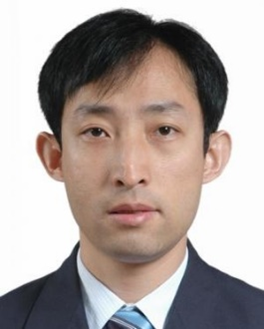
Prof. Huijun Gao (Fellow, IEEE) received the Ph.D. degree in control science and engineering from the Harbin Institute of Technology, Harbin, China, in 2005. From 2005 to 2007, he carried out his post-doctoral research at the University of Alberta, Edmonton, AB, Canada. Since 2004, he has been with the Harbin Institute of Technology, where he is currently a Chair Professor and the Director of the Research Institute of Intelligent Control and Systems. His research interests include intelligent and robust control, robotics, mechatronics, and their engineering applications. Prof. Gao is a Member of the Academia Europaea. He serves/served as the Editor-in-Chief of the IEEE/ASME Transactions on Mechatronics, the Co-Editor-in-Chief of the IEEE Transactions on Industrial Electronics, and an Associate Editor of the Automatica, the IEEE Transactions on Cybernetics, and the IEEE Transactions on Industrial Informatics. He is the Vice President of the IEEE Industrial Electronics Society, and a Distinguished Lecturer of the IEEE Systems, Man and Cybernetics Society. He is the recipient of IEEE Norbert Wiener Award and IEEE Dr.-Ing. Eugene Mittelmann Achievement Award. He has been an ESI Highly Cited Researcher since 2014.
Title: Recent Advances on Disturbance Rejection Control for Mechatronic Systems
Abstract
For mechatronic systems, nonlinearities (frictions, backlash, saturation, etc.), complex internal dynamics, time-varying parameters, external disturbances and complex work tasks make control design a very challenging work. Compared with high gain control and integral control methods, disturbance estimation based control provides a different way to handle disturbance. Disturbance estimation based robust control method can effectively improve the disturbance rejection ability and ensure the robustness of closed-loop system. Some new research developments and results on this topic will be introduced. Specially we will discuss on various advanced modeling, analysis and disturbance rejection control techniques for mechatronic control systems with considerations of time delay, constraint safety. Considering the characteristics of mechatronic control system, several kinds of composite control design schemes based on disturbance estimation and compensation are presented with experimental or application verification results.
Shihua Li(Southeast University, China)
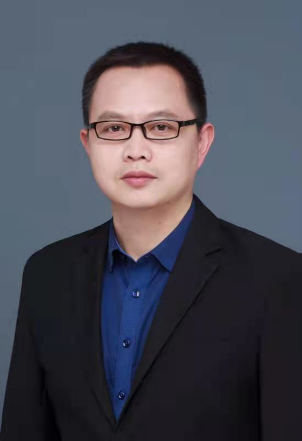
Shihua Li received his bachelor, master, Ph.D. degrees all in Automatic Control from Southeast University, Nanjing, China in 1995, 1998 and 2001, respectively. Since 2001, he has been with School of Automation, Southeast University, where he is a Chief Professor, Jiangsu Specially Appointed Professor. He is the chairman of IEEE IES Nanjing Chapter, Fellow of IEEE, IET, AAIA and CAA, IEEE Distinguished Lecturer. He is also the Director General of Jiangsu Association of Automation. His main research interests include modeling and nonlinear control theory with applications to mechatronic systems. He has published 3 monographs, over 300 international journal and conference papers with 31000+ citations (Google Scholar). He is one of Clarivate Analytics Highly Cited Researchers all over the world in 2017-2023. He is a winner of the 6th Nagamori Award in 2020.



